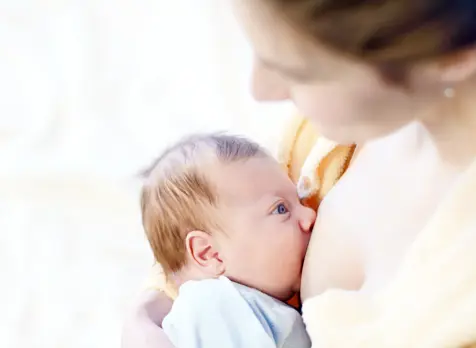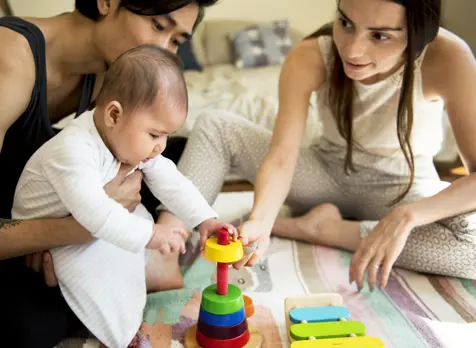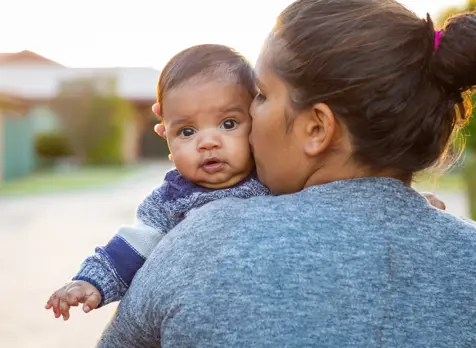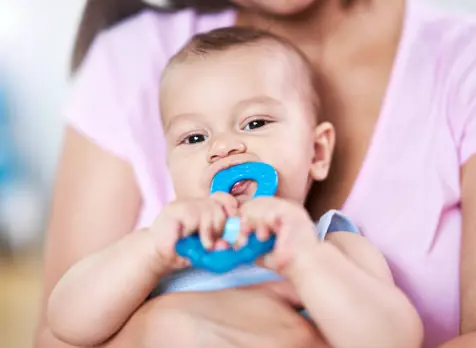Baby Childcare
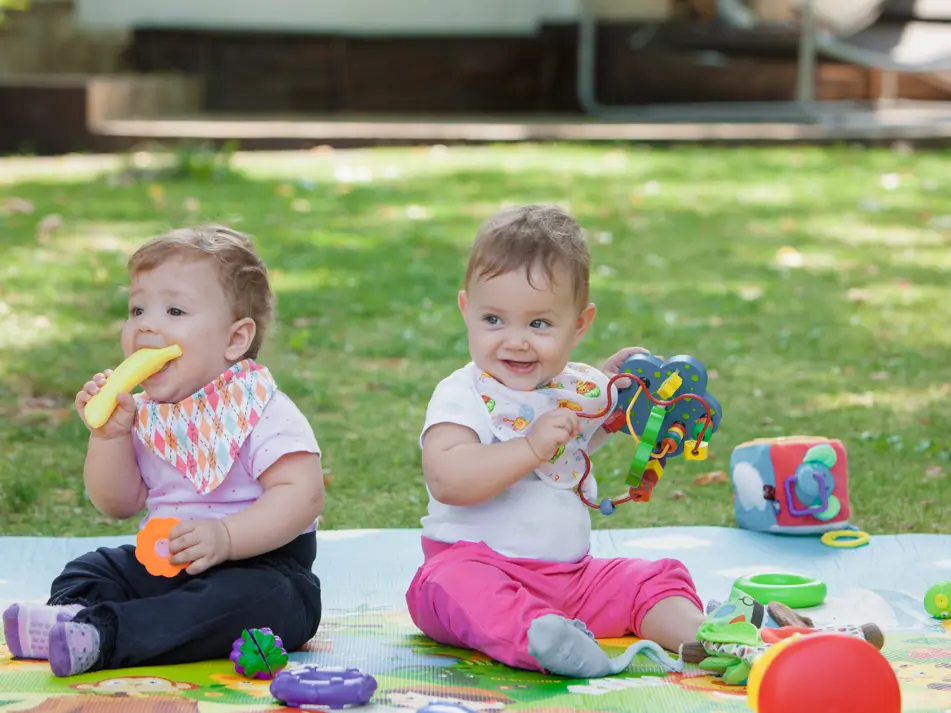
On this page
There are some helpful things you can do to transition your baby into childcare. Children of all ages can feel your emotional levels and they respond to these. If you’re anxious they will feel this and respond the same way. Some tips for those first few weeks.
Planning ahead
Expose your baby to regular short periods of separation before they start childcare as it makes it easier to prepare your baby and you for longer periods away from each other. Start with family and friends that you feel are competent to care for your baby.
When you drop your baby at childcare
-
1
- Give them a comforter or special toy from home and always say a clear goodbye
-
2
- On the first day of care your baby may cuddle you tightly, and begin to cry.ᅠ Take a moment to sit with them and calm them down. Reading a book together can be a good distraction and help settle them into the environment.
-
3
- Once you have said goodbye to your child, if they are distressed give them to an educator for a cuddle and go. Do not return if they become overly distressed as this gives them mixed messages.ᅠ Instead call the Centre later that morning if you are really concerned.
Picking up from childcare
Don’t be alarmed if your baby becomes distressed when you return to pick them up. It has been a big and emotional day for them on their first day/week of care and they are happy to see their parents return for them.
Connecting with your baby
-
1
- Use time in the car as a valuable opportunity to connect with your child both on the way to childcare and on the way home. Do this by singing together or talking about their day.
-
2
- Spend time with your baby when you get home and avoid checking your emails or taking work phone calls.
-
3
- Let your employer know that you are a new parent so if your baby does become sick you can take leave.
Provide the Centre with necessary information:
-
1
- Write out your baby’s usual routine for eating, rest and sleep at home so it can be followed at the Child Care Centre to provided consistency.
-
2
- Write a list of your baby/child’s interests, likes, dislikes and fears so the educators are familiar with your child.
-
3
- Provide a copy of your child’s immunisation history statement and any medical conditions/allergies with the relevant action plans.
TOP TIPS
-
1
- Try and be as organised as possible before you go back to work, by preparing your work and childcare clothes the night before.
-
2
- Cook double the amount of food for meals and freeze for later to make the evening settling period easier.






































